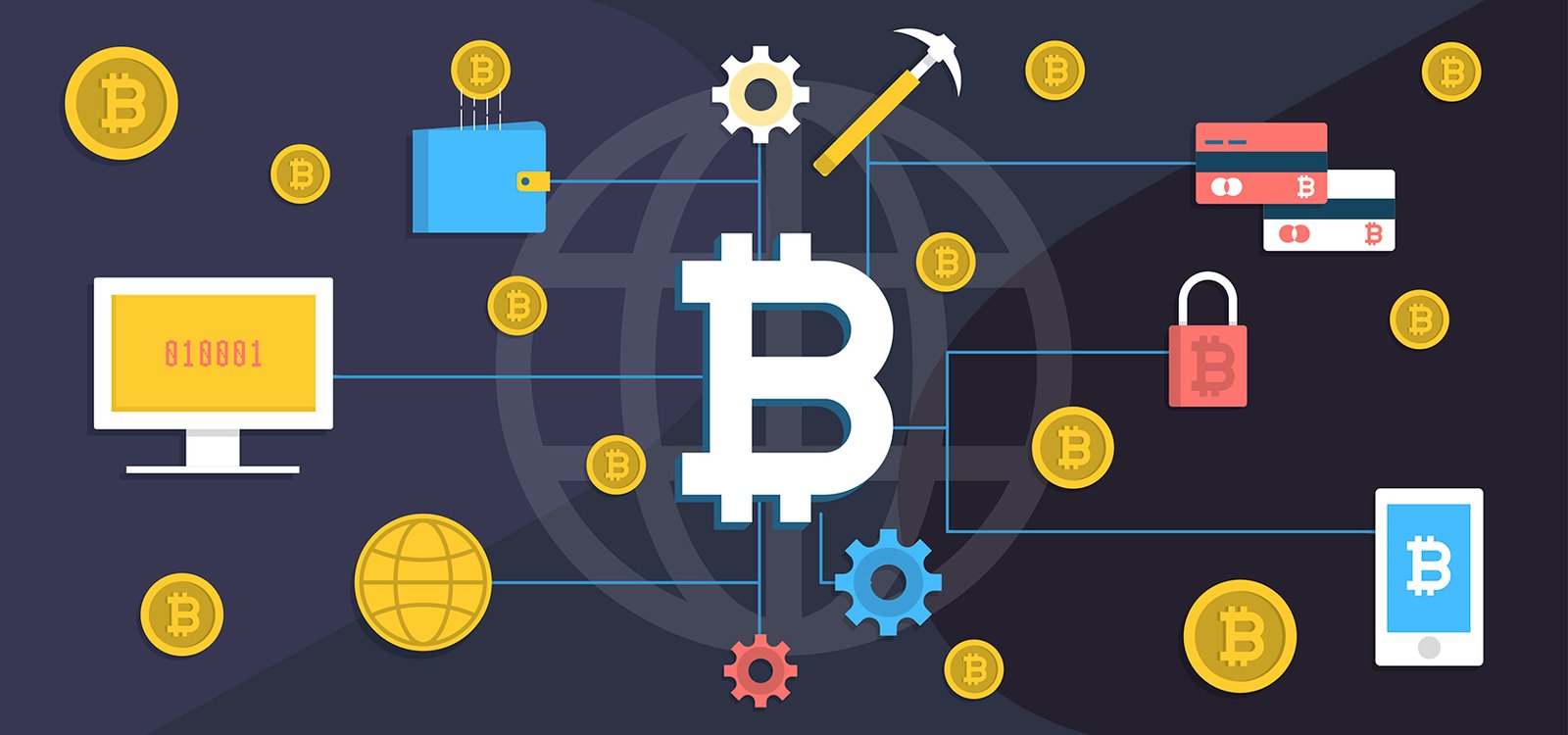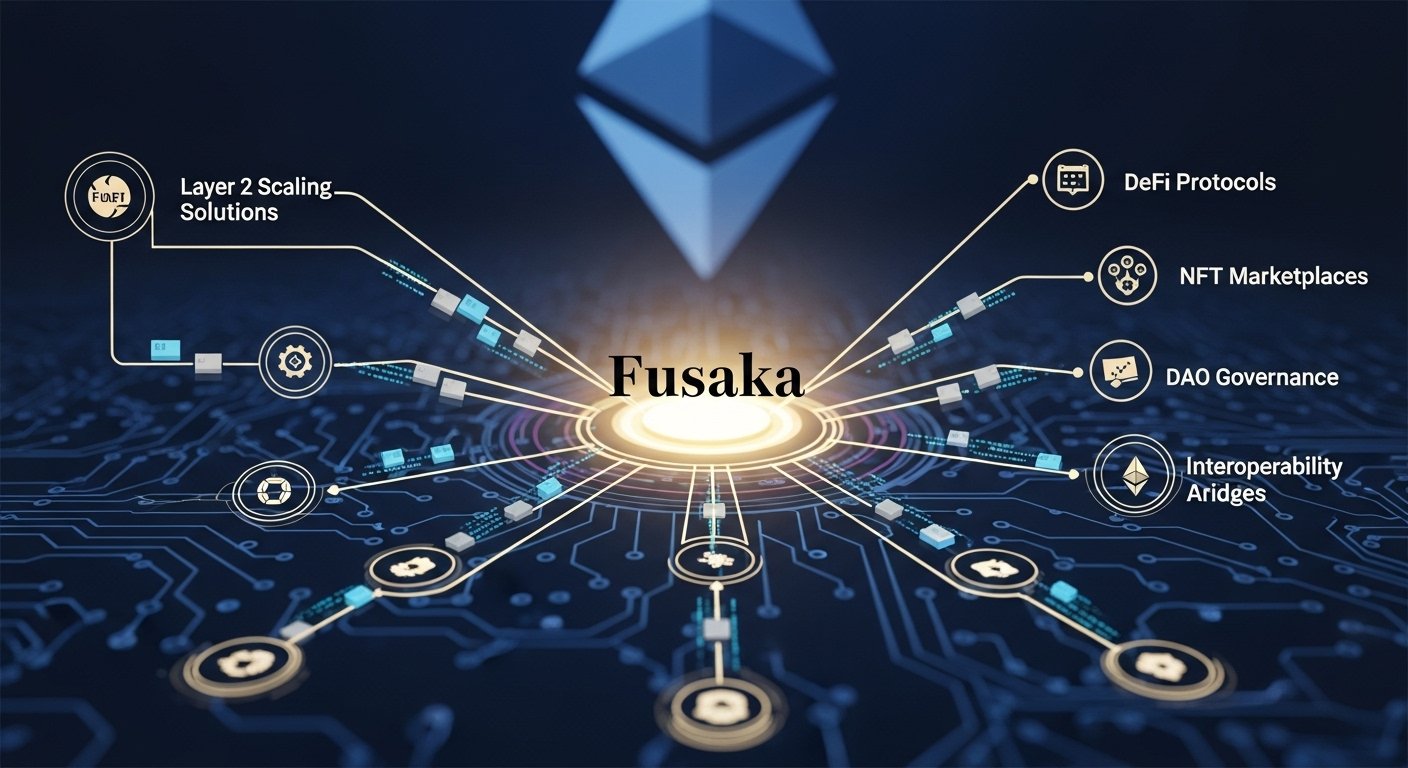The complete guide to cryptocurrency basics is available online. Whether you’re a complete beginner or looking to solidify your understanding of digital currencies, this tutorial will walk you through everything you need to know about cryptocurrency fundamentals. In today’s rapidly evolving financial landscape, understanding cryptocurrency has become essential for anyone interested in modern investing, technology, or financial independence. This comprehensive guide encompasses blockchain technology, popular cryptocurrencies such as Bitcoin and Ethereum, wallet security, and practical steps to ensure a safe start. By the end of this cryptocurrency basics tutorial, you’ll have the confidence to navigate the digital asset world with knowledge and security.
What is Cryptocurrency? Understanding Digital Currency Fundamentals
Cryptocurrency represents a revolutionary form of digital money that operates independently of traditional banking systems. Unlike conventional currencies controlled by governments and central banks, cryptocurrencies use advanced cryptographic techniques to secure transactions and control the creation of new units. The foundations of all cryptocurrencies lie in blockchain technology, which creates a decentralised ledger that records all transactions across a network of computers.
Bitcoin, launched in 2009 by the pseudonymous Satoshi Nakamoto, became the first successful cryptocurrency, and it remains the most valuable and widely recognised digital asset. Since then, thousands of alternative cryptocurrencies (altcoins) have emerged, each with unique features and purposes.
Cryptocurrency Basics Tutorial Complete: Core Concepts You Must Know

Understanding Blockchain Technology
Blockchain serves as the backbone of cryptocurrency systems. Imagine it as a global network of thousands of computers simultaneously storing a digital ledger. Each “block” encompasses a collection of transactions, chronologically connected to form a “chain.” This decentralised structure makes it nearly impossible to alter or manipulate transactional records.
The blockchain’s transparency allows anyone to verify transactions while maintaining user privacy through cryptographic addresses. This innovation eliminates the need for intermediaries like banks, reducing transaction costs and processing times.
Digital Wallets and Private Keys
A cryptocurrency wallet doesn’t actually store your coins—instead, it holds the private keys that prove ownership of your digital assets on the blockchain. These wallets come in various forms:
Hot Wallets connect to the internet and offer convenience for frequent transactions. Examples include mobile apps, desktop software, and web-based wallets. While user-friendly, they’re more vulnerable to hacking attempts.
Cold Wallets remain offline and provide maximum security for long-term storage. Hardware wallets and paper wallets fall into this category, offering protection against online threats but requiring more technical knowledge to use safely.
Popular Cryptocurrencies Explained
Bitcoin (BTC) continues to be the leading cryptocurrency, frequently referred to as “digital gold” because of its strong store of value characteristics. With a limited supply of 21 million coins, Bitcoin has gained acceptance as both a payment method and an investment asset.
Ethereum (ETH) introduced smart contracts, enabling developers to build decentralised applications (dApps) on its blockchain. This innovation sparked the creation of decentralised financial protocols (DeFi) and non-fungible tokens (NFTs).
Other Notable Cryptocurrencies include Binance Coin (BNB), Cardano (ADA), and Solana (SOL), each offering unique features and serving different purposes within the cryptocurrency ecosystem.
How to Get Started with Cryptocurrency: Step-by-Step Guide

Choosing a Cryptocurrency Exchange
Selecting a reputable exchange is crucial for your cryptocurrency journey. When researching platforms like Coinbase, Binance, or Kraken, consider factors such as their security measures, the cryptocurrencies they support, their fees, and the user interface. Always verify the exchange’s regulatory compliance in your jurisdiction.
Setting Up Your First Wallet
Begin with a reputable hot wallet for small amounts and learning purposes. Popular options include MetaMask for Ethereum-based tokens or the official Bitcoin wallet. As your holdings grow, consider investing in a hardware wallet like Ledger or Trezor for enhanced security.
Making Your First Purchase
Start small with a modest investment you can afford to lose. Most exchanges allow you to buy fractions of cryptocurrencies, so you don’t need to purchase entire coins. Consider dollar-cost averaging—making regular, small purchases over time to reduce the impact of price volatility.
Cryptocurrency Security Best Practices
Security should be your top priority when dealing with cryptocurrency. Enable two-factor authentication on all accounts, use strong, unique passwords, and never share your private keys with anyone. Be wary of phishing attempts and always double-check website URLs before entering sensitive information.
Regular software updates and using official wallets from trusted sources help protect against vulnerabilities. Consider using multiple wallets to spread risk and never store large amounts on exchanges long-term.
Common Cryptocurrency Mistakes to Avoid
New users often fall victim to FOMO (fear of missing out) and invest more than they can afford to lose. Avoid emotional decision-making and stick to a well-researched investment strategy. Don’t neglect to keep backup copies of your wallet recovery phrases in secure, offline locations.
Another common mistake is ignoring tax implications. Cryptocurrency transactions may be taxable events in your jurisdiction, so maintain detailed records of all trades and purchases.
The Future of Cryptocurrency and Blockchain Technology
Cryptocurrency adoption continues growing as major corporations and financial institutions integrate digital assets into their operations. Worldwide efforts are underway to develop Central Bank Digital Currencies (CBDCs), which have the potential to integrate the benefits of cryptocurrency with traditional finance. Emerging technologies like Web3, DeFi, and NFTs are expanding cryptocurrency’s utility beyond simple transactions, creating new opportunities for innovation and investment.
Conclusion
This cryptocurrency basics complete guide has equipped you with fundamental knowledge to begin your digital asset journey safely and confidently. Remember that cryptocurrency represents both significant opportunities and substantial risks. Start with small investments, prioritise security, and continue learning as the space evolves rapidly.
Ready to put your knowledge into practice? Begin by choosing a reputable exchange, setting up a secure wallet, and making your first small cryptocurrency purchase. Take advantage of this comprehensive cryptocurrency basics tutorial to build a strong foundation in digital assets, but always remember to invest responsibly and never more than you can afford to lose.





















